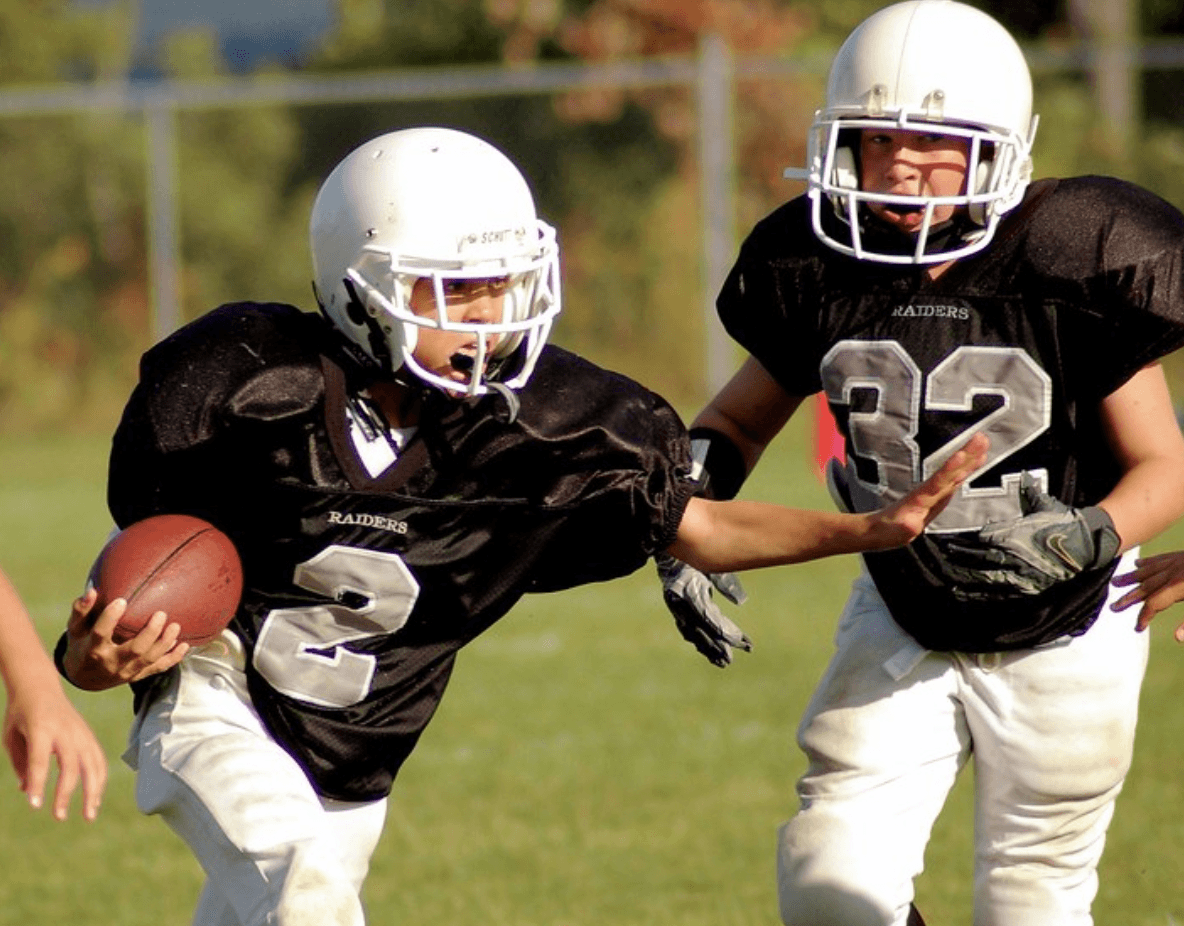CTV NEWS – A new study from Boston University’s CTE Center has discovered more than 60 cases of chronic traumatic encephalopathy, known as CTE, in athletes who were under the age of 30 at the time of their death.
Researchers found about 40 per cent of the brains studied had developed some of the earliest signs of the disease, which is associated with repeated head trauma.
The study also includes what researchers believe to be the first case of an American female athlete diagnosed with the disease.
The report, published in JAMA Neurology on Monday, describes the features of 152 brains donated between February 1, 2008, and September 31, 2022, to the UNITE brain bank — the largest tissue repository in the world focused on traumatic brain injury and CTE. Sixty-three out of the 152 donated brains (41 per cent) had autopsy-confirmed CTE.
The disease can only be formally diagnosed with an autopsy and has been associated with memory loss, confusion, impulse control problems, aggression, depression, impaired judgment and suicidal behaviour.
Unlike past studies, which looked at CTE primarily among professional American football players, the majority of the athletes diagnosed in this study were amateur athletes who played at the youth, high school, and college levels.
“This study clearly shows that the pathology of CTE starts early,” said Dr. Ann McKee, coauthor of the study and director of the Boston University CTE Center. “The fact that over 40 per cent of young contact and collision sport athletes in the UNITE brain bank have CTE is remarkable,” adding that community brain bank studies show that fewer than 1 per cent of the general population has CTE.
McKee also notes that all the brains included in the study were donated for a reason.
“[The study] is not a general population study. It’s not a prevalence study,” she said. “We get brain donors who are very symptomatic, and that’s why the family pursues brain donation.”
CTE is an Alzheimer’s-like disease has been most commonly associated with former professional football players, but has also been detected in military veterans, including many who have been exposed to roadside bombs and other types of military blasts.
Previous studies have shown that repetitive hits to the head — even without concussion — can result in CTE …



